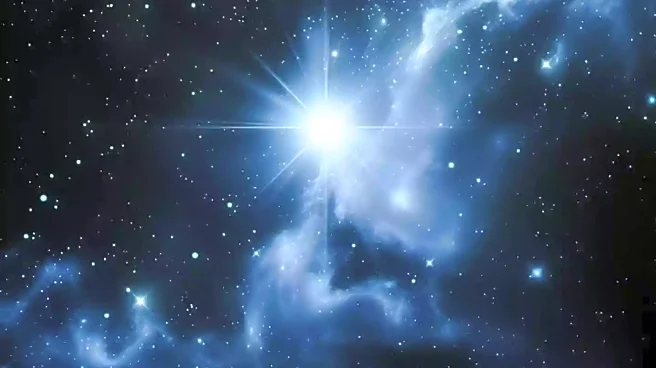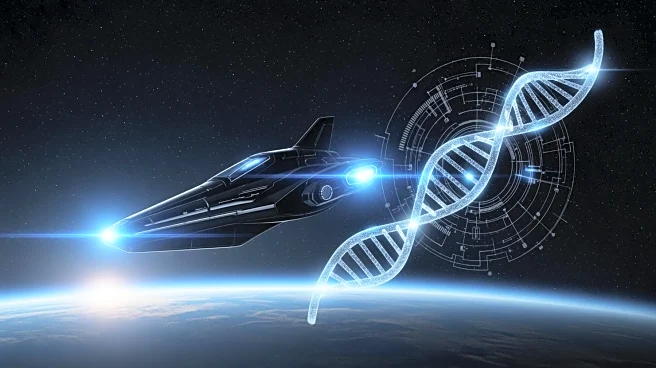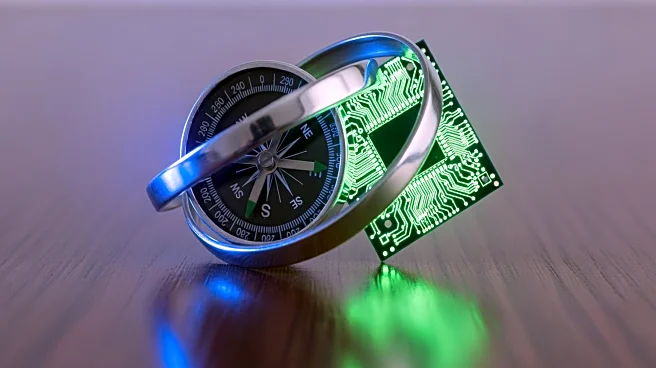What is the story about?
What's Happening?
NASA has selected a photograph taken in AlUla, Saudi Arabia, as its 'Astronomy Picture of the Day', marking a significant achievement for the region. The image, titled 'The Meteor and the Star Cluster', captures a meteor crossing the Pleiades star cluster and was published on August 25. This marks the first time an image from AlUla has been featured by NASA, showcasing the area's exceptional dark skies. The photograph was taken between Hegra and Gharameel Nature Reserve, both of which hold the Dark Sky designation from DarkSky International. AlUla's skies are among the top 5% worldwide in terms of darkness and lack of light pollution, making it a prime destination for stargazing and astrophotography.
Why It's Important?
The recognition by NASA underscores AlUla's growing status as a global destination for astro-tourism and sky exploration. This achievement highlights the region's unique astronomical environment, which offers ideal conditions for observing the universe. The support from Manarat AlUla in preserving the night-sky environment has been crucial in enhancing AlUla's position in the field of astrophotography. The area's pristine skies attract star enthusiasts and contribute to the local tourism industry, promoting cultural and scientific engagement.
What's Next?
The continued promotion of AlUla as a destination for astro-tourism is likely to attract more visitors interested in stargazing and astrophotography. Efforts to preserve the region's dark skies will remain a priority, potentially leading to further international recognition and collaboration in astronomical research and tourism development.
Beyond the Headlines
The selection of AlUla's sky by NASA may inspire other regions to invest in preserving their night skies, promoting environmental conservation and sustainable tourism. The cultural significance of AlUla, with its historical sites and natural beauty, adds depth to its appeal as a destination for both scientific exploration and cultural tourism.















